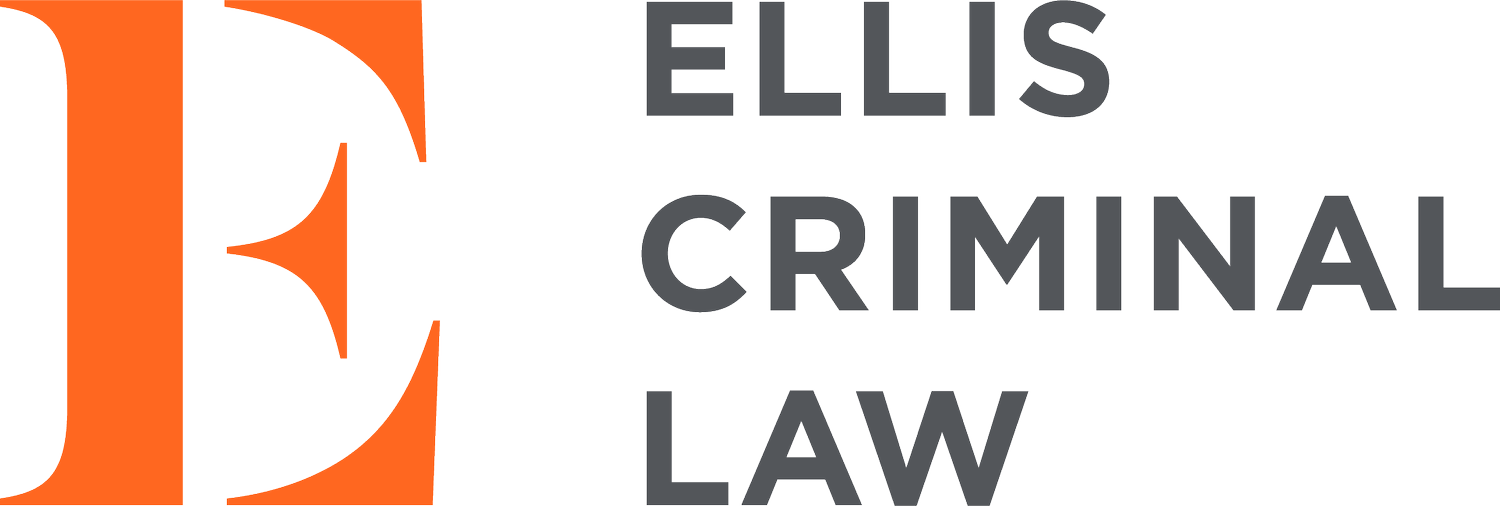What is double jeopardy and how does it apply?
Under Canadian criminal law, you are not able to be convicted for multiple offences based on the same criminal act. This protection is found in the Canadian Charter of Rights and Freedoms under section 11(h) – the right not to be tried again – which states that any person charged with an offence has the right not to be tried or punished for it again in the future.
In order for this rule to apply, the charges must arise from the same set of events. The elements of the multiple offences must also be substantially the same. In the event that someone is charged with two offences for essentially the same act, the court will typically stay the lesser of the two charges and will convict on the more serious charge. For example, if you are found guilty at trial of the offences of impaired driving and driving with more than 80 milligrams of alcohol in 100 millilitres of blood (over 80), the Court will only register a conviction on one of these charges. This also means that, if you are acquitted on certain charges, the Crown cannot try the case again simply because they are not satisfied with the outcome. This section does not, however, prohibit the Crown from appealing an acquittal based on an error made by the Court. If the appellate court orders a new trial, this is permitted under section 11(h) as the accused person has not been finally acquitted, and the new trial is seen as a continuation.
This concept of double jeopardy is necessary in our legal system as it prevents the Crown from continually laying criminal charges against an accused, forcing them to pay legal fees and defend themselves at trial repeatedly. This is why the Crown has one chance to prove their case, and if you are acquitted you cannot be tried again. If the Crown was not prevented from being able to repeatedly charge an accused person for the same crime, it could result in a lot of wasted court time trying the same charge multiple times. Court time is already in high demand, so this would not be an efficient use of it. This could also have the indirect effect of making the justice system more focused on money than on justice. If an accused person was forced to pay for new trials multiple times, it would likely result in them eventually running out of money for a lawyer to represent them.
If you have been charged with a criminal offence, it is important to seek legal advice immediately in order for a lawyer to review your case and determine any possible legal defences.
